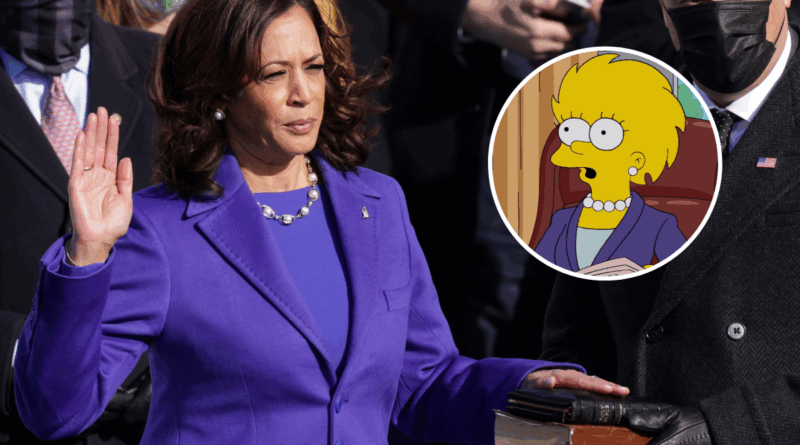Harris: A Glimpse at a Failure in the Making
The ninth president of the United States, William Henry Harrison, was the ultimate anomaly— the last of the commanders-in-chief to be born a British subject and the first to be associated with the Whig Party. In a surprising twist of events, he is noted for delivering the lengthiest inaugural address that spanned close to two hours but ironically held the title for the shortest presidency. His tenure, quite tragically, was cut short after just 31 days, marking him the first serving president to pass away during his term.
Harrison holds another unique record in the annals of US history. He is the last politician to lose his initial bid for the presidency, only to win in the subsequent run. Before him, only Thomas Jefferson and Andrew Jackson had managed this rare feat. Such instances have been scarce with the only other notable instance being Richard Nixon, who lost only to clinch victory much later. Grover Cleveland and Donald Trump stand out as the only duo to have won, lost, and then surprisingly clawed back to victory.
Such stats don’t bode well for Kamala Harris, who recently decided not to run for governor in California, a move that sparked rumors of her ambitions for another White House bid. The common sentiment appears to be declining support for the Democratic Party, with their net favorability being reportedly lower than it has been in the last 35 years, at an astounding negative of 30 points, almost triple that of the GOP’s negative 11 points.
A considerable section of the dissatisfaction directed towards the Democratic Party comes from within its own ranks. The Democrats are reportedly incensed by the party’s defeat to Trump and the perceived lackadaisical confrontation towards him now that he’s in office. Despite Kamala Harris being merely a representative of the party and not the entire cause of discontent, the unease within the Democratic party is interpreted as dissatisfaction with Harris herself.
The party is divided amongst itself, with progressives arguing that the Democrats aren’t sufficiently pushing their agenda. On the other end of the spectrum, the more centrist faction believes the party is advocating for the wrong priorities, having shifted drastically towards the left on matters such as cultural war and identity politics. What seems to be a common thread among both these sects is a burning desire for victory.
Yet, the unifying goal doesn’t translate into support for Harris. The concise justification was that she was named the potential nominee of 2024 primarily based on the diversity card. Biden, in his tenure, emphasized on the nomination of a woman, more specifically an African American running mate. However, Harris’s problem isn’t her race or gender; it’s her lack of ability to sway voters to expand the Democratic coalition.
It’s worth noting that for Democrats to emerge victorious, they must be able to persuade Trump voters. Harris wasn’t unsuccessful due to a lack of Democratic turn-out at the polls, but mainly because her appeal didn’t resonate with the evolving electorate. Her speeches, far from inspiring, gave off the tone of an academic executive from a nondescript liberal arts college.
Exacerbating the situation was her evident lack of personal convictions that stuck out to the public. Except for her staunch support for reproductive rights, her positions mostly seemed like they had been carefully calculated from focus groups in an era where voters are clearly seeking authenticity over scripted rhetoric. What worsened the situation for Harris was her decision to adhere to Joe Biden’s request to not distance herself from him.
Harris’s strategy seemed flawed at best. Case in point, her first interview post her departure from office was on Stephen Colbert’s ‘The Late Show’, a program known for its partisan audience. This further distanced her from the voters that Democrats need to win over to succeed.
The implication of this miscalculation is dire. If Democrats consider her as a nominee once more, it’s probable that her legacy will be as an answer to a quirky trivia question, rather than a revered leader. And, undoubtedly, the question won’t be, ‘Who was the 48th president of the United States?’ but rather an obscure footnote in political history.

